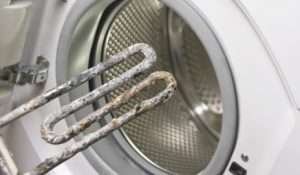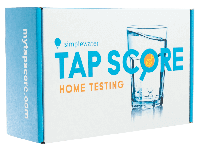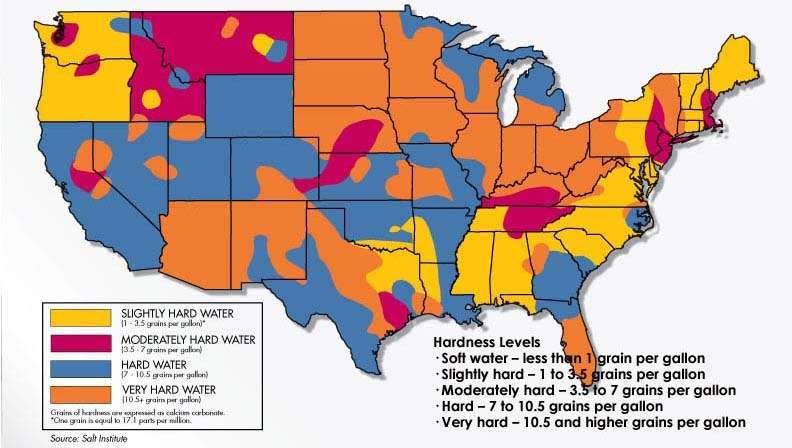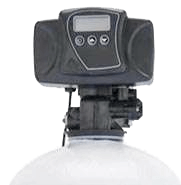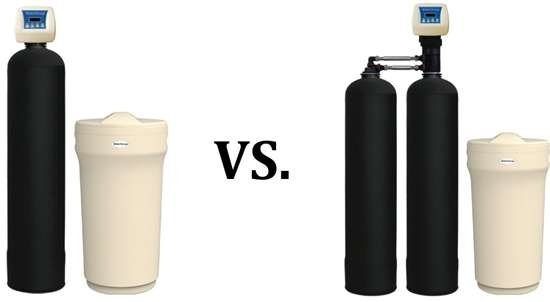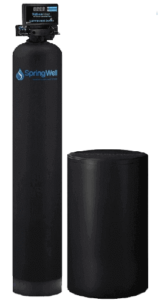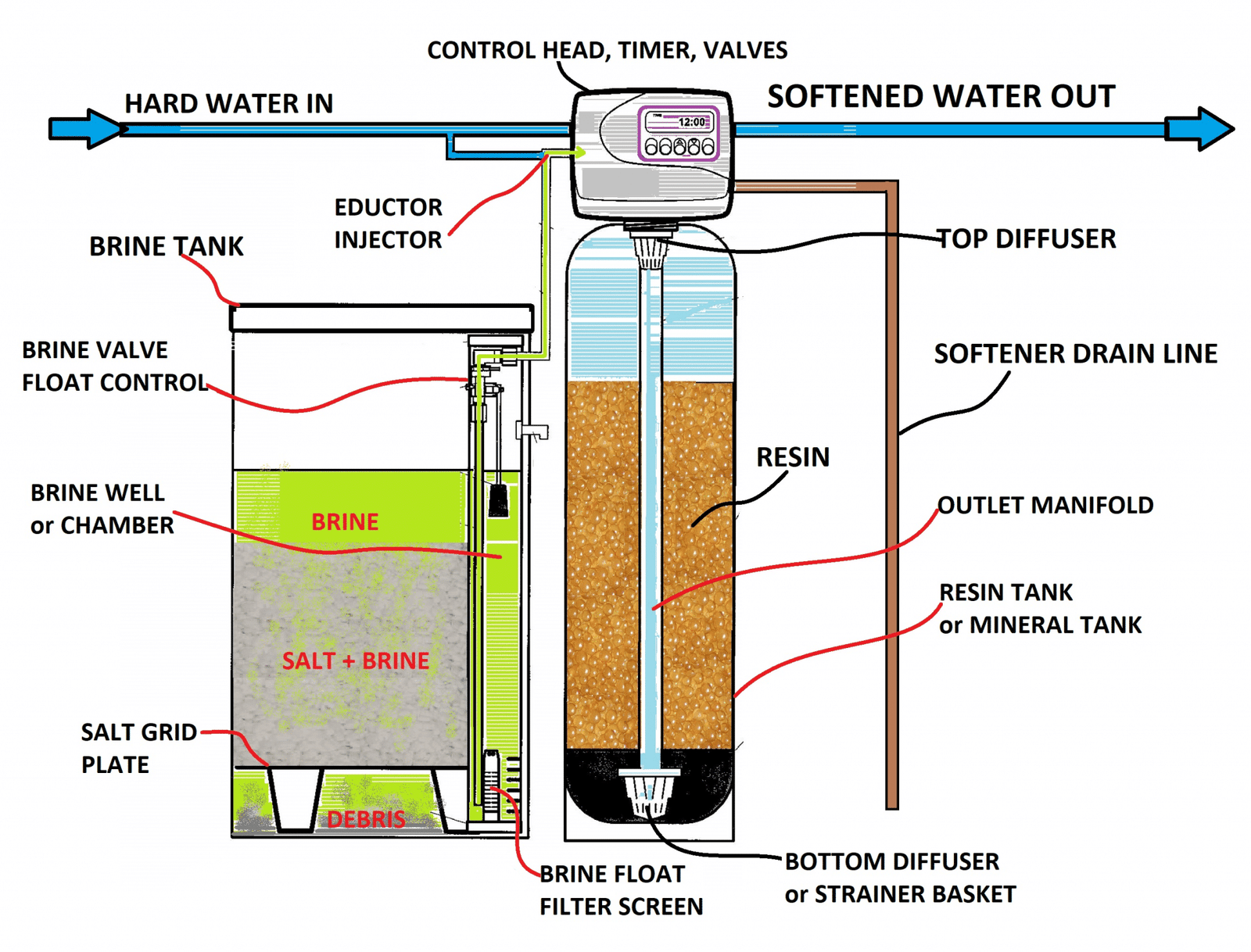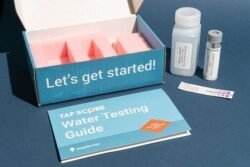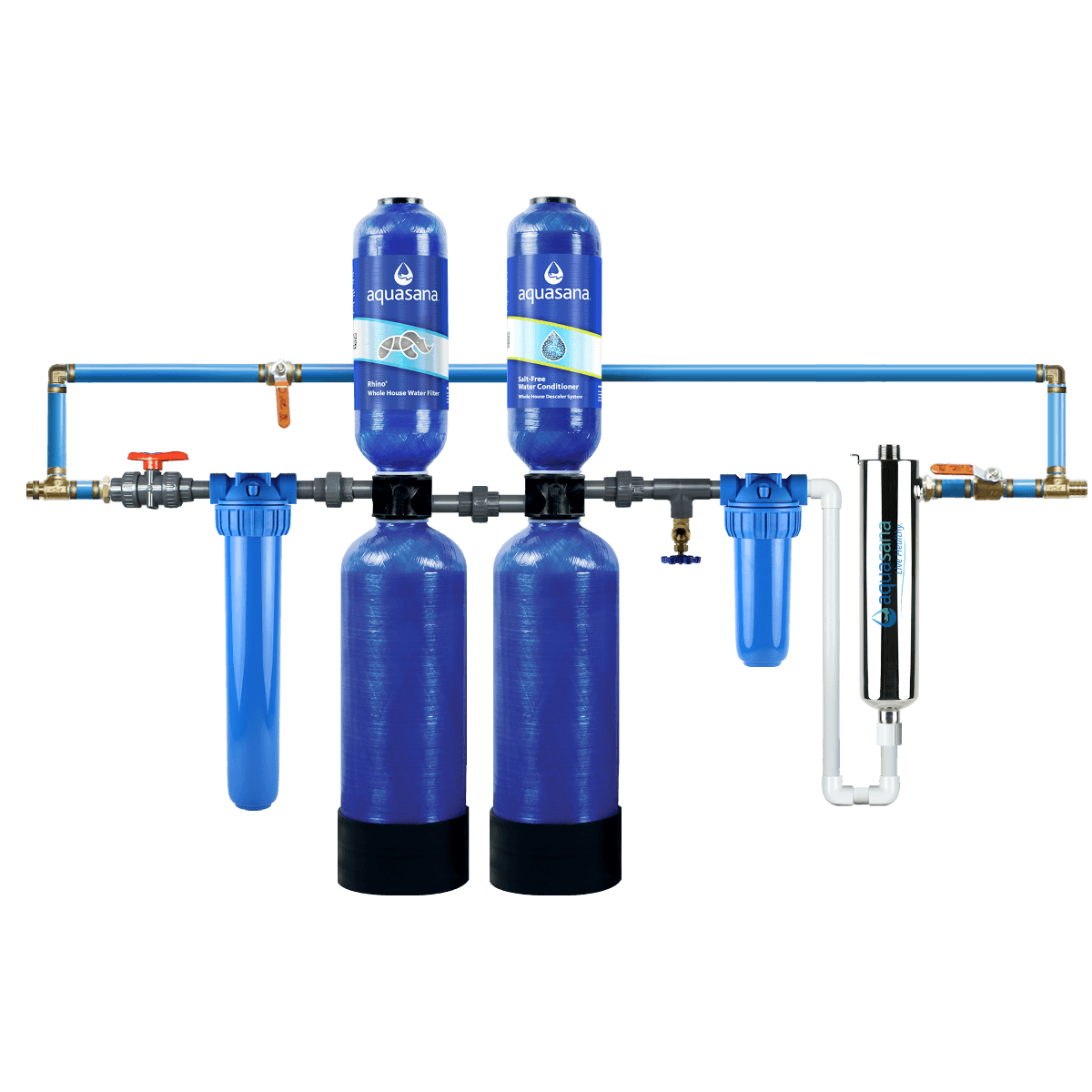- Home
- Health
- Water Softener Guide
- Water Treatment
Private Sewers & Septic Systems
- About Private Sewers Sysytem And Septic Systems
- Lateral Root Notification Program
- Fats, Oil & Grease
- Spills & Black Water Valves
- Help Protect The Enviroment
- Septic Systems
- About
Decoding the Water Softening Conundrum: A Comprehensive Guide
Water softening is an art, one often shrouded in mystery, mainly due to the technical jargon and myriad options available. This guide demystifies the concept, the necessity, and the options of water softeners, offering a comprehensive overview catered for the UK audience yet universally applicable.
The Genesis: Understanding "Why"
Before delving into the intricacies of water softeners, it’s essential to decode the ‘why’ – the core reason necessitating this investment. The culprit is hard water, an unassuming yet potent element with an affinity for calcium and magnesium, causing the dreaded limescale.
The Genesis of Hard Water
Ironically, rainwater is naturally soft. It’s as it percolates through the earth absorbing minerals like calcium and magnesium that it becomes “hard”. These minerals, not initially present in rainwater, are introduced through natural processes and can also be absorbed from pipes and faucets.
Hard Water Unearthed
Characterized by high mineral content, stemming from its journey through chalk and limestone terrains, hard water is infamous for its limescale legacy. This unwelcome residue, a whitish deposit, is a common sight on kettles, taps, and sinks.
Diagnosis: Do You Have Hard Water?
The Invisible Impact
WATER HARDNESS MAP USA
The video below is one way to check if your water is “hard”. If yes, you might need to consider a way to soften the water. By softening I mean how you avoid and remove mineral build up.
Navigating through the Water Softener Landscape
Understanding the operation of water softeners is pivotal. They revolve around the principle of ion exchange, where hardness minerals are traded for sodium ions, facilitated by resin beads housed in a mineral tank.
Metered or Volume Controlled Softeners
Electric/Electronic Softeners
Technology’s touch graces these softeners, with gadgets monitoring water usage and controlling the regeneration cycle, offering a blend of precision and convenience.
Non-Electric Softeners
Driven by water pressure, these softeners are mechanical maestros, monitoring water usage and initiating regeneration as the soft water supply nears depletion.
Time-Controlled Softeners
Single vs Twin Cylinder Softeners
The duel between these two encompasses salt compatibility, continuous soft water supply, and design complexity. Single cylinders are compatible with tablet and granular salts and offer on-demand soft water. In contrast, twin cylinders, often termed block salt softeners, ensure a 24/7 softened water supply but boast a more complex design.
Choosing the Best Water Softener for Your Home
A Special Citrus Treat Awaits!
4 Essential Questions to Guide Your Choice
1. Design & Installation:
Contemplate the ideal design ensuring thorough water softening in your home. Consider whether a centralized installation for whole-house softening or a localized solution for specific areas like the kitchen is more suitable.
2. Softening Capacity:
3. Regeneration Process:
Estimate the volume of water and salt essential for the regeneration process, crucial for maintaining the softener’s efficacy.
4. Budget:
Balance the initial investment and running costs, focusing on quality and reliability as a long-term asset. Premium softeners often offset their costs with lower maintenance and operational expenses.
Best Brands to Consider
Identifying a brand is often influenced by individual requirements. However, renowned brands include:
For UK Residents:
Several companies specialize in water softening technologies:
- EcoWater
- Kinetico
- Harvey Water Softeners
- TwinTec
- Monarch Water
- Culligan UK
Cost Implications
The investment in a water softening system varies, influenced by brand, model, capacity, and installation requirements. Domestic units in the US range from $675 to $2,500, excluding installation. Commercial units, designed for larger capacities, oscillate between $1,500 and $12,000+.
Running Costs
Maintenance is inevitable. Non-electrical softeners won’t impact your electricity bills, while electric models may add approximately 75 cents per day. Annual salt costs for a small household hover around $100-$120. Despite these, the savings on bottled water and limescale removers, coupled with enhanced heating efficiency, often justify the expenditure.
DIY Installation Insights
For the adept and adventurous, DIY installation can be a viable option, though professional installation is often recommended for optimal performance and safety. A detailed installation guide can be a valuable resource for DIY enthusiasts.
The Final Verdict
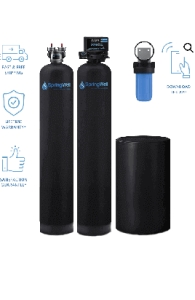 Selecting the perfect water softener is a blend of science and personal preferences. The balance between the initial investment and ongoing operational costs, the capacity to effectively soften water, and the ease of maintenance and operation are pivotal. The ideal unit should not only alleviate hard water woes but also enhance the overall water quality, safeguarding appliances and offering a superior, softer water experience for the entire household.
Selecting the perfect water softener is a blend of science and personal preferences. The balance between the initial investment and ongoing operational costs, the capacity to effectively soften water, and the ease of maintenance and operation are pivotal. The ideal unit should not only alleviate hard water woes but also enhance the overall water quality, safeguarding appliances and offering a superior, softer water experience for the entire household.




